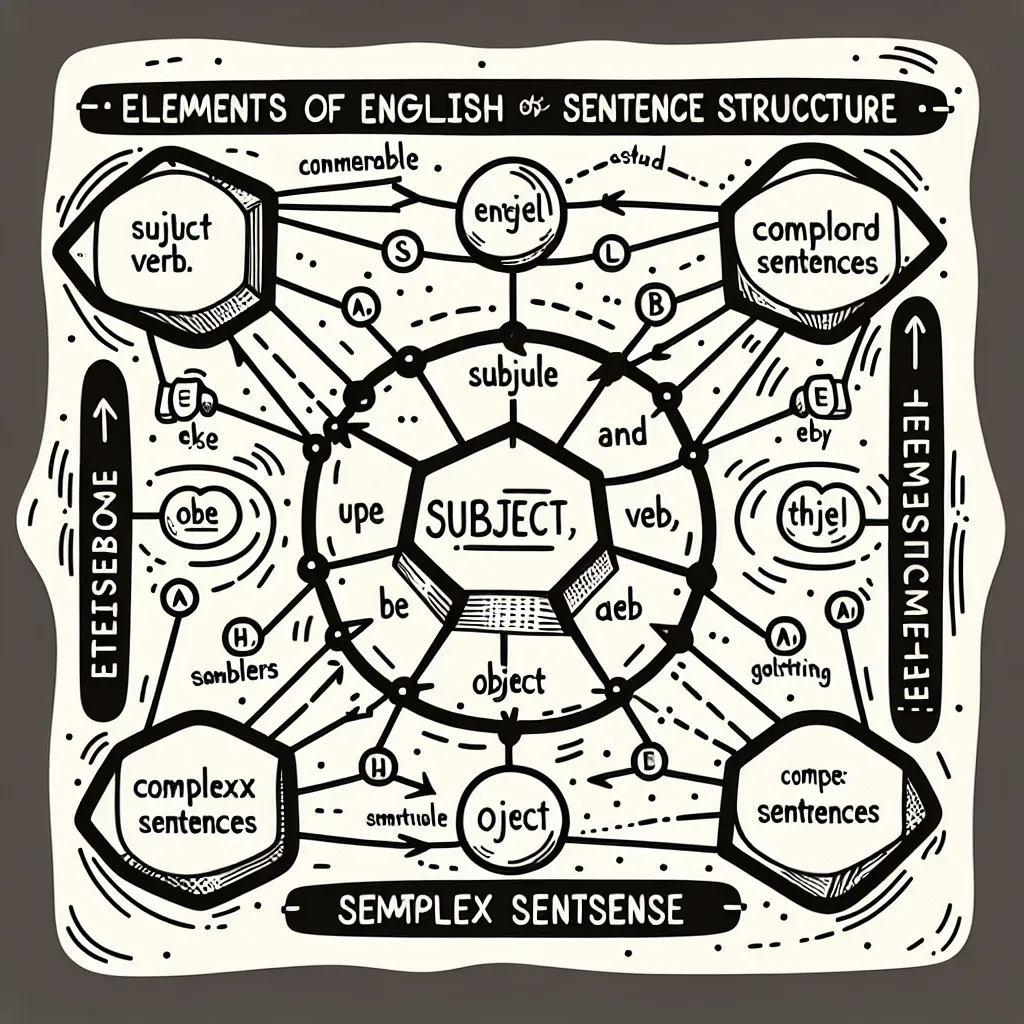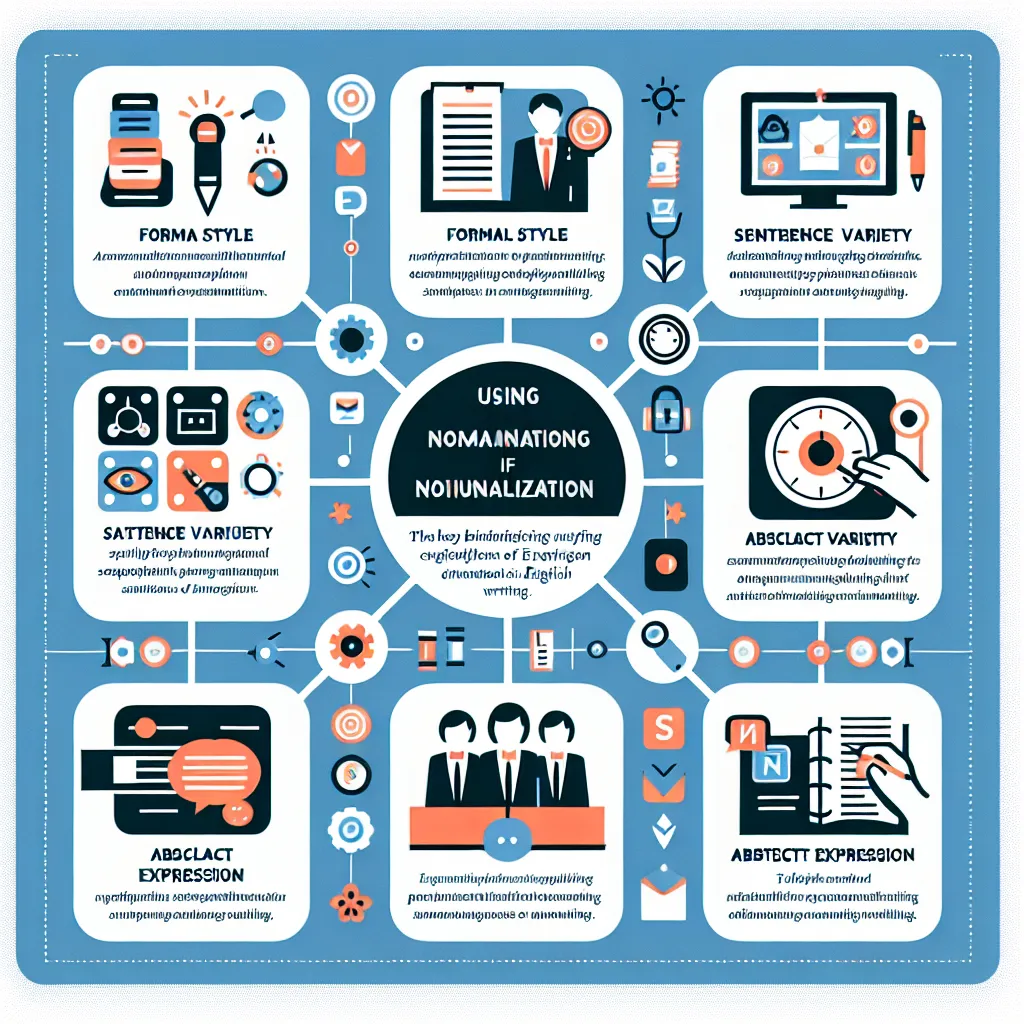Are you looking to enhance your English language skills? One of the most crucial aspects of learning English is mastering its syntax. In this comprehensive guide, we’ll explore effective strategies to improve your English syntax skills rapidly. Whether you’re a beginner or an advanced learner, these tips will help you navigate the complexities of English sentence structure with confidence.
Understanding English Syntax
English syntax refers to the rules that govern how words and phrases are arranged to form coherent sentences. A strong grasp of syntax is essential for clear communication, both in writing and speaking. It’s the foundation upon which we build our language skills, enabling us to express complex ideas with precision and clarity.
 English Syntax Diagram
English Syntax Diagram
Why is English Syntax Important?
Mastering English syntax is crucial for several reasons:
- Clarity: Proper syntax ensures your message is clear and easily understood.
- Professionalism: In academic and professional settings, correct syntax demonstrates competence and attention to detail.
- Advanced expression: A solid understanding of syntax allows you to construct more sophisticated and nuanced sentences.
- Improved comprehension: Knowledge of syntax helps in understanding complex texts and spoken English.
Effective Strategies to Improve English Syntax Skills
1. Read Extensively and Analyze Sentence Structures
Reading is one of the most effective ways to internalize English syntax. Choose materials that interest you, from novels to news articles. As you read, pay attention to how sentences are constructed:
- Identify the subject, verb, and object in each sentence.
- Notice how clauses are connected in complex sentences.
- Observe the use of transitional phrases and conjunctions.
For a deeper dive into analyzing texts for language improvement, check out our article on how to improve English writing by analyzing texts.
2. Practice Writing Regularly
Writing helps solidify your understanding of syntax. Try these exercises:
- Keep a daily journal in English.
- Rewrite complex sentences from your reading in your own words.
- Experiment with different sentence structures to express the same idea.
For those interested in more specialized writing skills, our guide on how to develop English proficiency in technical writing offers valuable insights.
3. Use Grammar Checker Tools Wisely
While not a substitute for learning, grammar checkers can be helpful tools:
- Use them to identify potential syntax errors in your writing.
- Pay attention to the explanations provided for corrections.
- Don’t rely on them blindly; use them as a learning aid.
4. Study Sentence Diagrams
Sentence diagramming is a visual method to understand sentence structure:
- Start with simple sentences and progress to more complex ones.
- Use online resources or grammar books that offer diagramming exercises.
- Practice creating your own diagrams for sentences you encounter.
 Sentence Diagram Example
Sentence Diagram Example
5. Listen to Native Speakers and Mimic Sentence Patterns
Exposure to native speech can greatly improve your syntax:
- Watch English movies and TV shows with subtitles.
- Listen to podcasts on topics that interest you.
- Try to replicate the sentence structures you hear in your own speech and writing.
For tips on improving comprehension in challenging listening environments, visit our article on tips for improving English comprehension in noisy environments.
6. Learn and Use a Variety of Sentence Structures
Diversify your sentence structures to enhance your syntax skills:
- Practice using simple, compound, complex, and compound-complex sentences.
- Experiment with different clause types (independent, dependent, relative).
- Incorporate a range of transitional phrases and conjunctions.
To explore more advanced syntactic structures, especially for formal writing, read our guide on how to use advanced syntactic structures in reports.
7. Seek Feedback and Correction
Getting feedback is crucial for improvement:
- Join language exchange platforms to practice with native speakers.
- Participate in writing workshops or online forums for constructive criticism.
- Consider working with an English tutor who can provide personalized feedback.
Common Pitfalls to Avoid
As you work on improving your English syntax, be aware of these common mistakes:
- Word order errors: Remember that English typically follows a Subject-Verb-Object order.
- Run-on sentences: Avoid joining independent clauses without proper punctuation or conjunctions.
- Sentence fragments: Ensure each sentence has a subject and a predicate.
- Misplaced modifiers: Place modifiers close to the words they describe to avoid ambiguity.
Next Steps for Continued Improvement
To continue enhancing your English syntax skills:
- Set specific goals, such as mastering a new sentence structure each week.
- Create a study schedule that includes regular reading, writing, and listening practice.
- Take online quizzes or tests to assess your progress and identify areas for improvement.
- Consider enrolling in an advanced English grammar course for more structured learning.
For a comprehensive approach to mastering English grammar, including syntax, check out our detailed guide on how to master English grammar deeply.
Conclusion
Improving your English syntax skills is a journey that requires patience, practice, and persistence. By incorporating these strategies into your language learning routine, you’ll gradually build a strong foundation in English syntax. Remember, the key to success is consistent practice and a willingness to learn from your mistakes. Keep challenging yourself with new structures and more complex texts, and you’ll see significant improvements in your English language proficiency over time.
We encourage you to share your experiences and any additional tips you’ve found helpful in the comments below. Happy learning!




